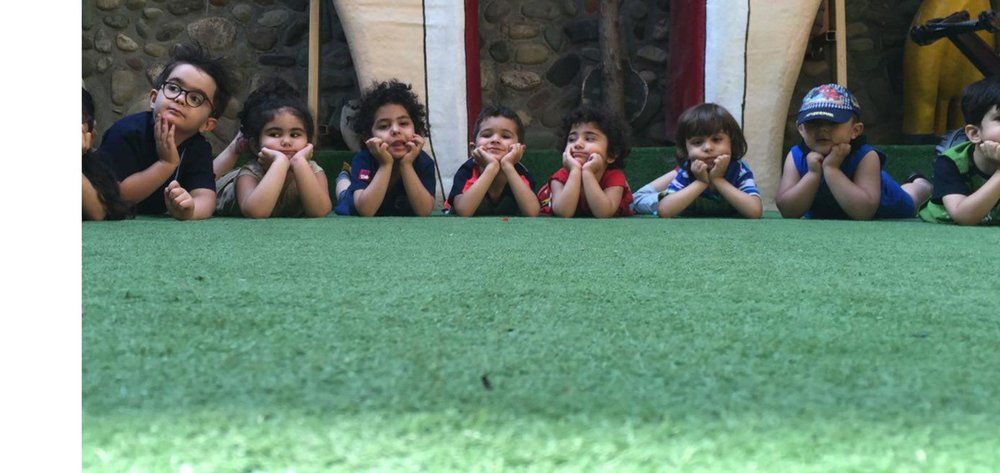What names Tehrani parents choose for their children?

TEHRAN -- In all societies, the names people give to their children are subjected to different sociological and even political justifications.
Besides, most of the times, picking a name reveals beliefs and history of the parents.
Sociologist Abbas Abdi conducted a research on Tehrani babies born from Iranian calendar year 1375 (March 1996-March 1997) to 1394 (March 2015-March 2016) in a book titled “An Evolution in Picking Names for Children in Tehran”.
The book was discussed during a meeting last week at the Iran’s National Library and Archives.
He had previously conducted a research on the process of picking name in Tehran from Iranian calendar year 1345 (March 1966-March 1967) to 1375 (March 1996-March 1997) in a book named “A Voice that never Heard”.
“The names people pick to give their children have always been an important criteria for sociological studies of a community,” Abdi said.
“We never fully understand the reasons of parents for choosing a name for their babies. The criteria for choosing names have a very wide range and are complex as well.”
He said that he considered items like the name of mother, father and the baby’s birthplace, in this case Tehran, in his research.
Three cultures impact picking names in Iran, which are divided into subcultures themselves.
One is the Islamic culture, according to which, people pick names like Fatemeh and Hossein for their children that is understandable, he explained.
Traditional Islamic and national Islamic are subdivisions for this kind of name picking, he added.
“Another one is the national culture, which leads to choosing names from sources like Shahnameh and some names with Zoroastrian roots have been added to this group in recent years.”
“The third is the Western culture, which is controlled by laws imposed by National Organization for Civil Registration and mostly shows itself in names picked for baby girls,” he explained.
According to the National Organization for Civil Registration, Iranian Muslims cannot give names with non-Persian, non-Islamic roots to their children, however, folklore names are exceptions.
“Nonetheless according to statistics, picking Islamic names for Tehrani citizens began to rise from 1961 to 1966 and reached its peak from 1984 to 1985, in this period name of 85 percent of children in Tehran had religious backgrounds.
“After the victory of Islamic Revolution [1979], some Islamic names in line with revolutionary atmosphere like Abuzar, Meqdad and Someyyeh rose by 18 percent. After 1985, the inclination in using Islamic names declined until 2009, when there was a little interest in picking Islamic names.
“There is a stop in decrease of picking Islamic names by parents from 2009 to 2012 and there are some increase in such names as well,” he explained.
Since 2012, two part first names consisting a combination of Persian and Islamic names like ‘Nazanin Zahra’ prevailed in Tehran, he added.
“Most of the times, baby boy name indicates cultural inclination of the parents. They try to show their history in names they choose for their sons. But the case is not the same for the daughter. The name families choose for their baby girl is avant-garde most of the times,” he said.
Mainly, the name chosen for boys are more religious than name chosen for girls.
He also pointed to some short-term impacts for choosing names like popular TV series, which increase a wave of choosing name.
People with Kurdish and Azari roots and migrants from northern provinces in Tehran choose names of their children especially their girls according to their regional culture, he said.
“Many parents prefer the Hebrew equal for religious names for their children,” he said.
Abdi said that Tehran has a crucial role in picking names for all the country.
The book can be considered as a great source for sociological studies of Tehrani people during recent years.
SB/MQ/MG
Leave a Comment